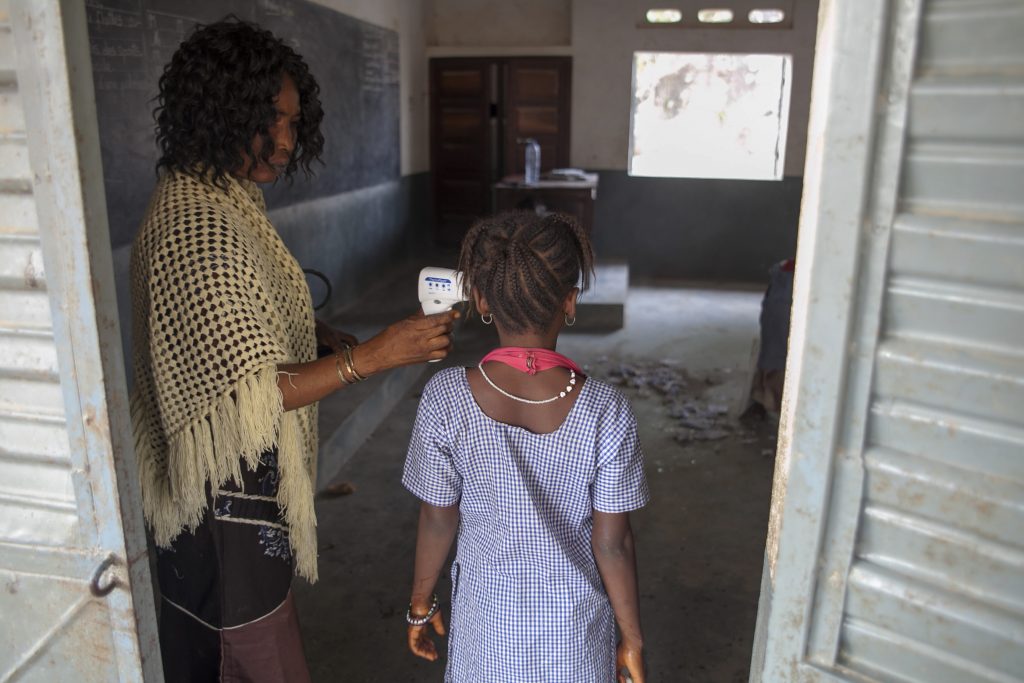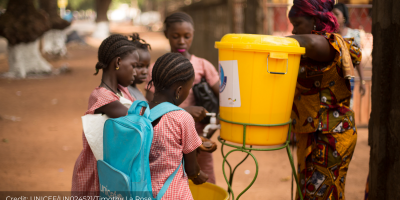This brief summarises key considerations about the social, political and economic context shaping the outbreak of Ebola in the N’Zérékoré prefecture, Guinea, as of March 2021.
The outbreak was declared on 14 February 2021, two weeks after the death of the first known case, a health agent (Agent Technique de Santé) from Gouécké. Gouécké is located 40km north of N’Zérékoré via the paved Route Nationale 2. The nurse sought care at a health centre in Gouécké, a clinic and then a traditional healer in N’Zérékoré. She died in N’Zérékoré on 28 January. When they became sick, the relatives of the first known case referred themselves to N’Zérékoré regional hospital, where the disease was transmitted to healthcare workers. Although the potential for transmission in rural areas of the Gouécké subprefecture was high, to date, most cases have been reported in the urban setting of N’Zérékoré, which is the focus of this brief. At the time of writing (22 March), the total number of cases was 18 (14 confirmed, four probable), with nine deaths and six recoveries. The last new case was reported on 4 March.




